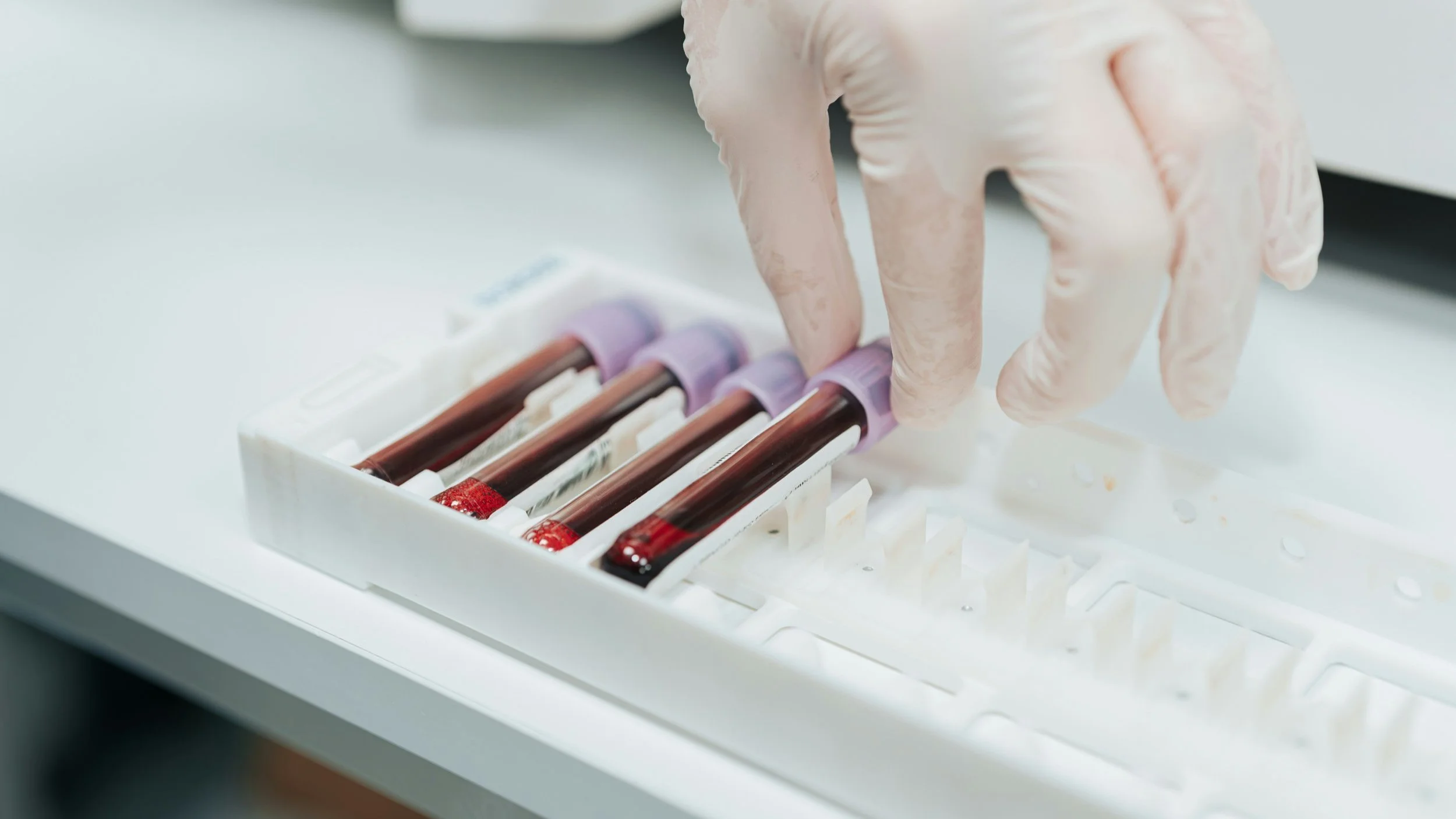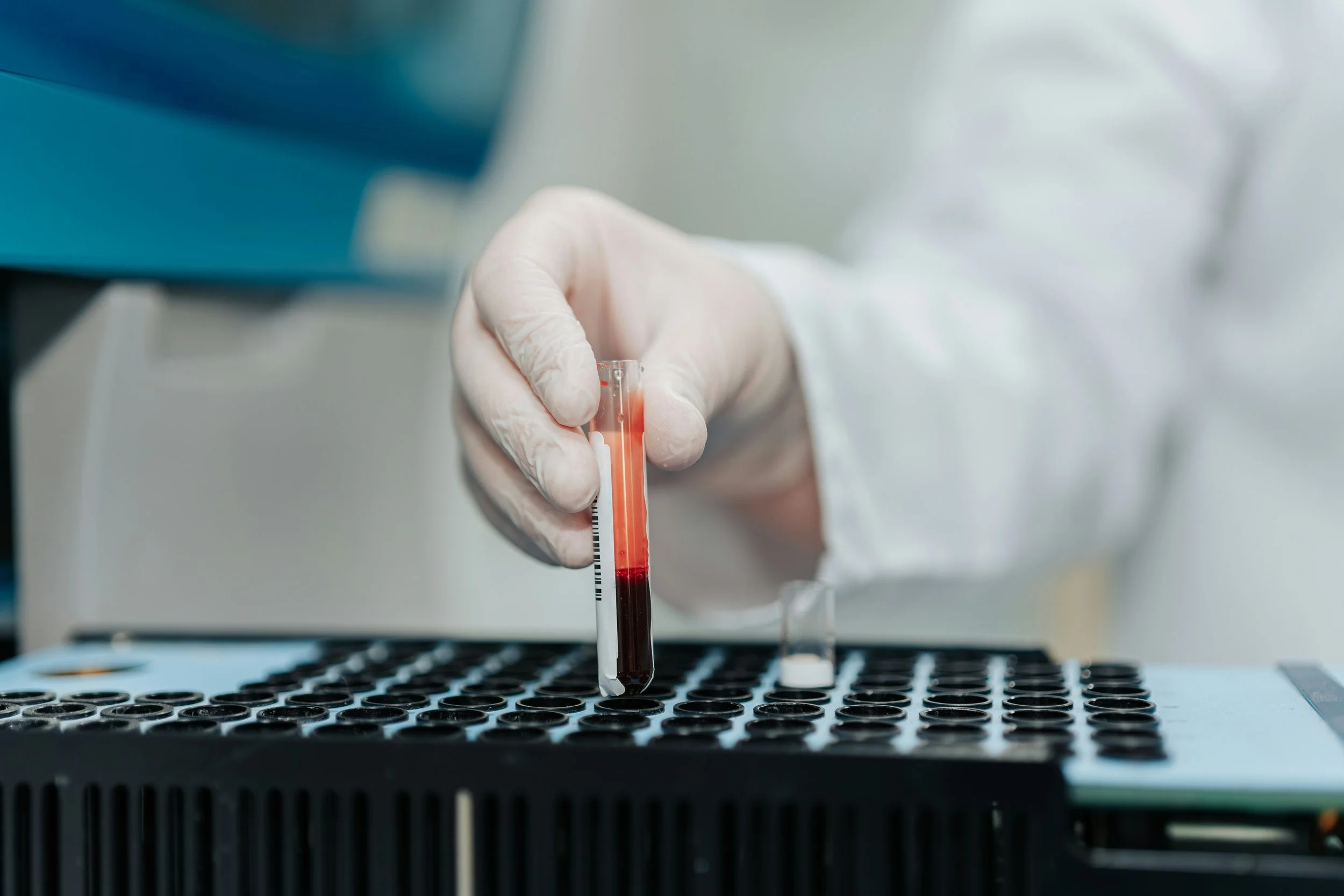
Advancing Women’s Health Through Research
Our Commitment to Innovative, Non-Invasive Diagnostic Solutions
At theblood, we are dedicated to pioneering new ways to advance women’s health through groundbreaking research.
Our mission is to transform how we understand and manage women’s health by exploring the potential of menstrual blood as a diagnostic tool.
Our Research
We’re proud to announce that our first peer-reviewed article has just been published in the Journal of Clinical Medicine.
This paper explores the potential of using menstrual blood as a non-invasive method for monitoring vitamin levels, marking a significant step forward in our research journey.
While this paper is the first of many, it represents our ongoing commitment to advancing research on menstrual blood and providing innovative, accessible health solutions for women.
Menstrual Blood as a Non-Invasive Alternative for Measuring Vitamin Levels
Objective of the Study:
To explore the feasibility of using menstrual blood to measure vitamin A and D levels, providing a non-invasive alternative to traditional capillary blood tests.
Methodology:
The study involved 30 healthy, reproductive-aged participants who provided both menstrual and capillary blood samples.
Menstrual blood samples were collected in a menstrual cup and capillary blood samples were collected via finger-prick. Both samples were transferred to dried blood spot (DBS) cards, and analyzed in the lab where vitamin A and D levels were determined.
Key Findings
Following statistical analyses of the data, the results of the study showed a significant correlation between vitamin A and D levels in menstrual blood and capillary blood, suggesting that menstrual blood could be used to monitor these vitamins non-invasively.
What’s Next?
This is just the beginning.
Our research is ongoing, and we are committed to expanding our studies to validate these findings and develop clinically robust menstrual blood tests for various biomarkers.
In the coming months, we will be conducting additional clinical studies and research to further understand the potential of menstrual blood in diagnostics.





